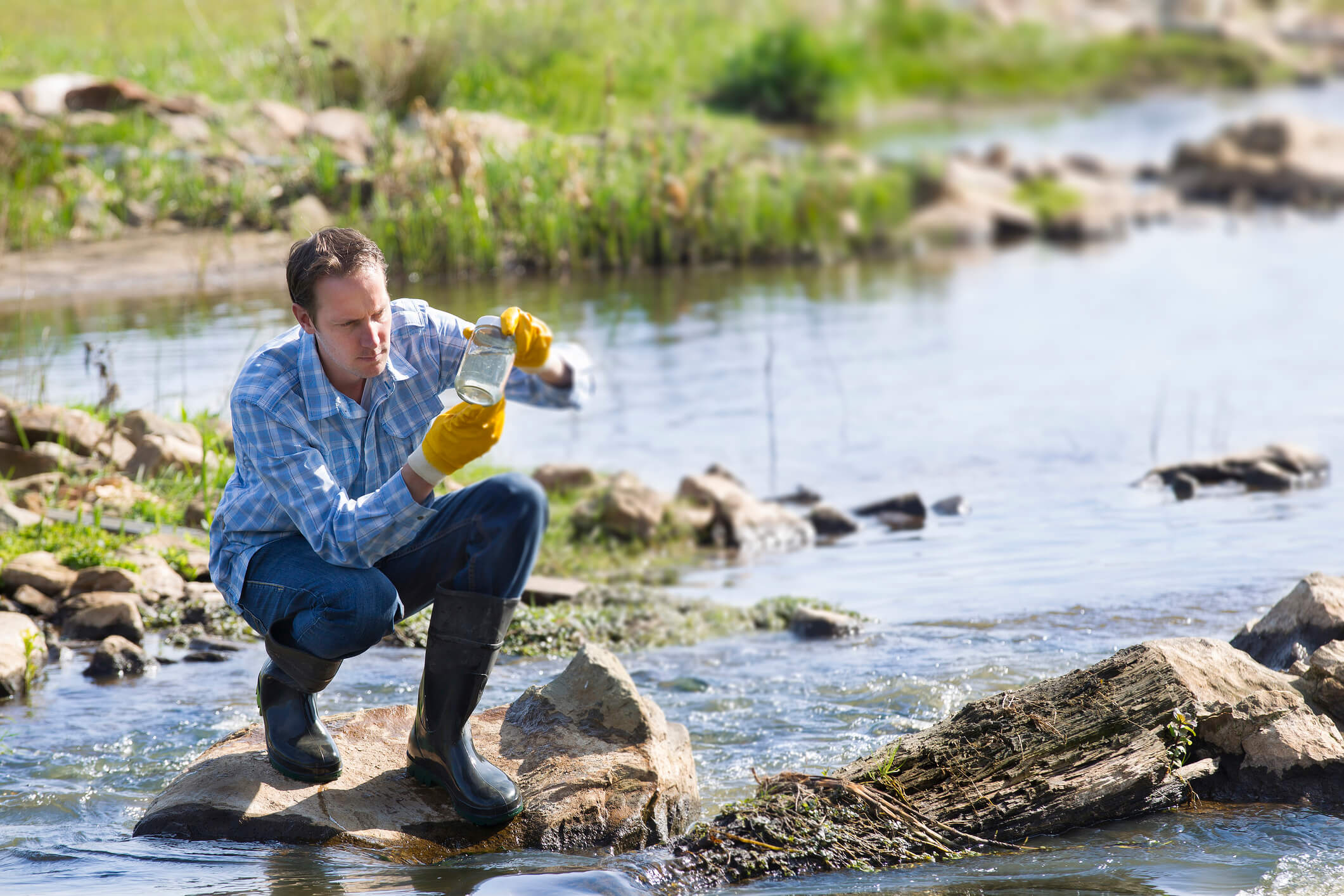Computational marine ecological modelling
Overall Course Objectives
The objectives of this course are to learn how to formulate, implement, and assess models of life in the oceans and the interplay between life and the physical environment. The course focuses on hands-on experience with developing programs for simulating life in the oceans and using existing professional tools.
Learning Objectives
- Solve partial differential equations representing the processes of advection and diffusion using basic finite-difference numerical algorithms.
- Describe and model basic processes relevant for constructing box-type Nutrients-Plankton-Zooplankton-Detritus (NPZD) models.
- Design, parameterize, implement and operate a NPZD model of a water column.
- Interpret the dynamics of NPZD models during the seasonal cycle.
- Discuss strengths and weaknesses of NPZD types of models for predicting production in the water column, e.g. spring and autumn blooms and sub-surface production maxima.
- Describe the basic processes in a size-structured model of a fish population.
- Have knowledge of using existing advanced models system of the physics and ecology of marine organisms.
- –
Course Content
The course focuses on advanced ecological models solved by numerical solutions of partial differential models. The students develop a 1D hydrographic model for a water column driven by the seasonal cycle of wind and temperature, including the nutrient, plankton, zooplankton, and detritus cycle (NPZD model). This involves acquiring the basic theory for solving partial differential equations numerically. The model will be used to simulate the seasonal cycle of the hydrography and primary/secondary production. A second model system is a size-structured model of a fish population, formulated as a partial differential equation. The second part of the course involves application of an existing advanced model system, either the General Ocean Turbulence Model or the Mike EcoLab system from DHI. Finally, the students develop their own project, which could either involve extending one of the developed models, e.g. applying it to a specific situation, developing a new ecological model platform, or apply existing professional ecological modelling tools, e.g. to use DHIs EcoLab for a practical problem.
Recommended prerequisites
25303/25328, Have the ability to program in Matlab or an equivalent programming language.
Teaching Method
Lectures, computational exercises and a project.
Faculty
Remarks
This course provides students with competences relevant to UN SDGs, particularly #14 (Life below water)



